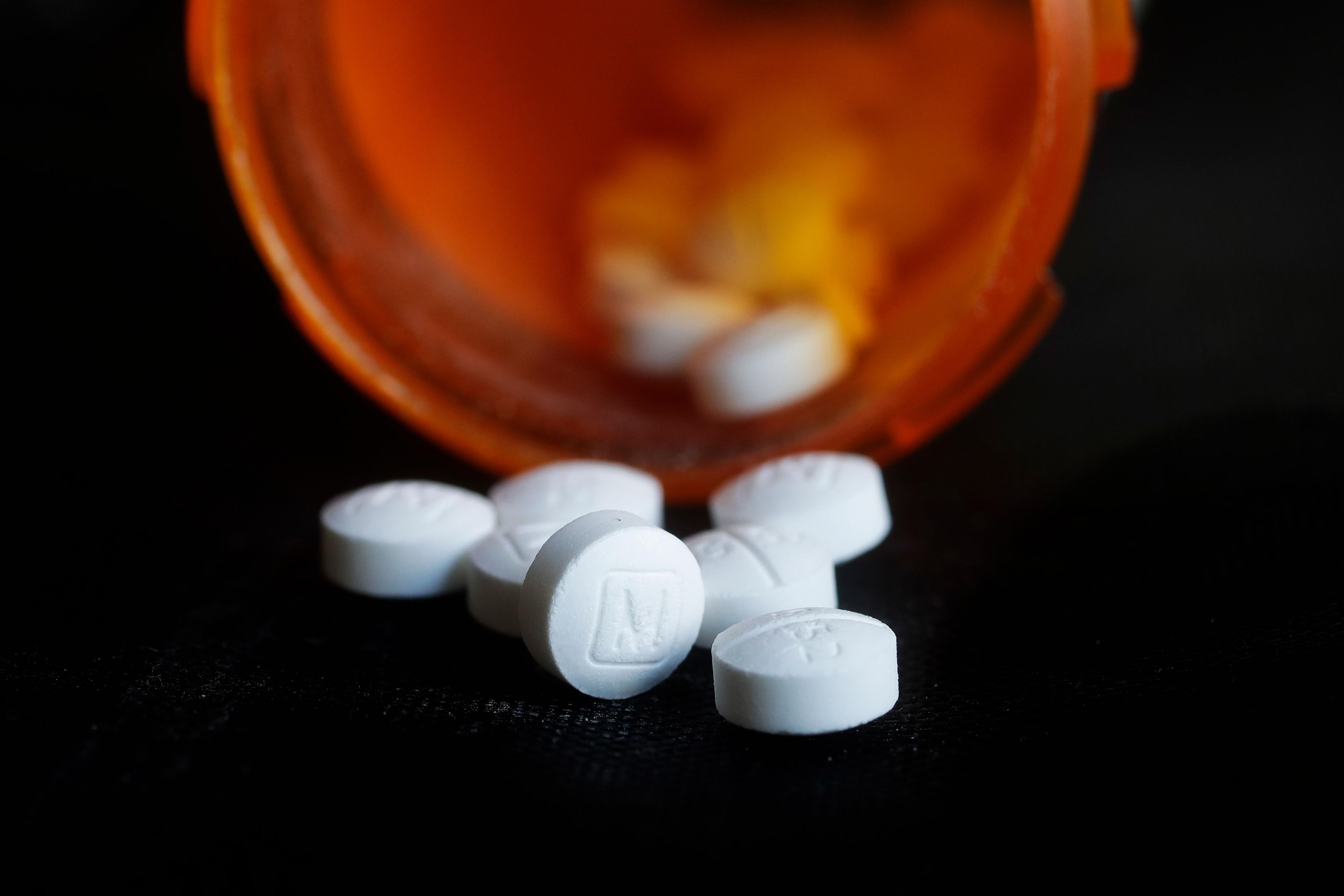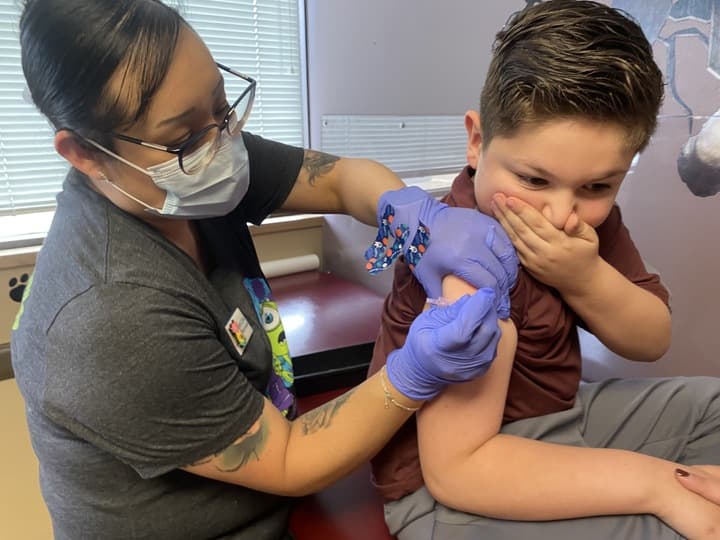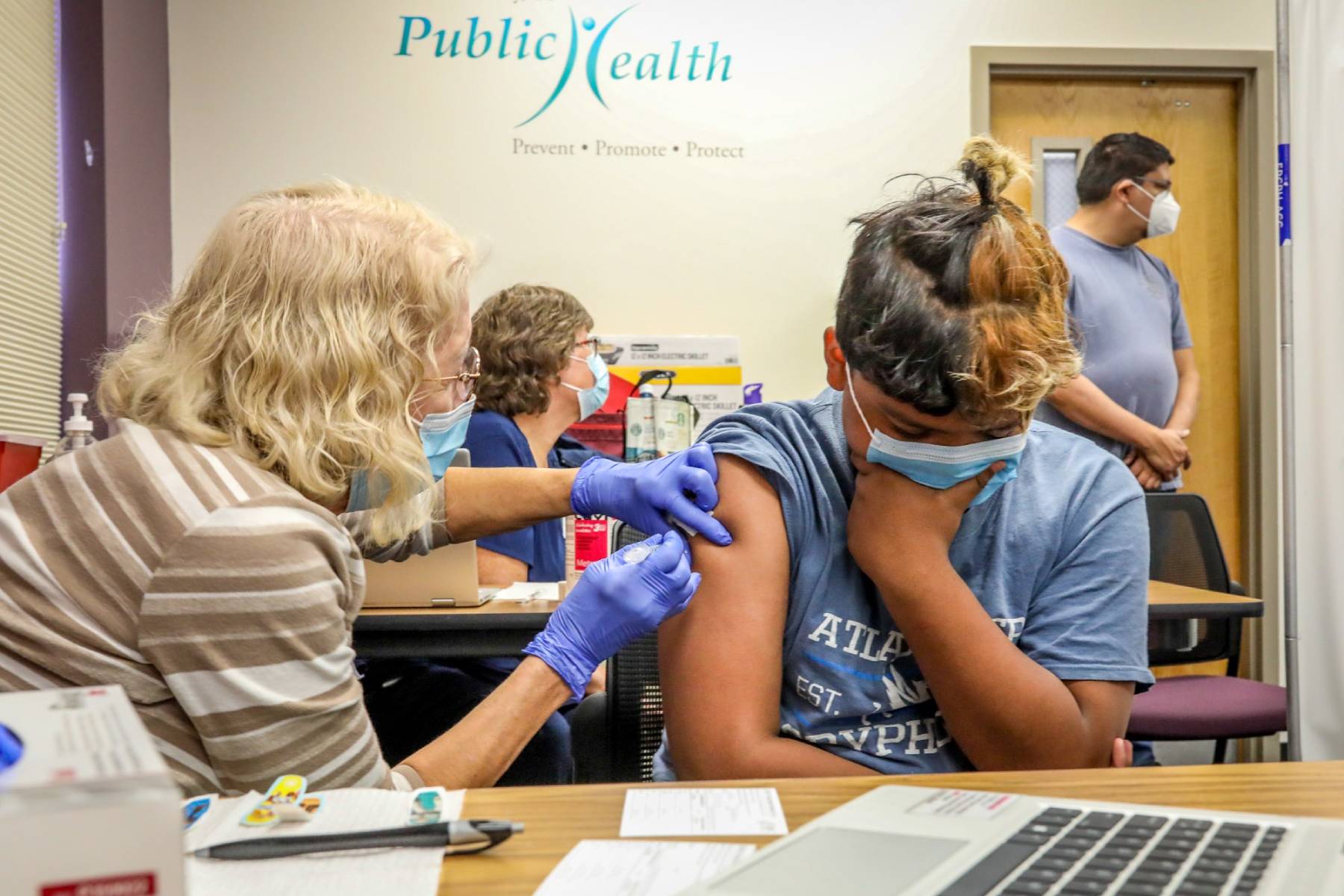

In response to the unrelenting opioid crisis, Colorado doctors are prescribing fewer opioids, mirroring the national trend.
Colorado doctors wrote 2.6 million prescriptions for opioid painkillers in 2018. According to new data from the American Medical Association, that’s about a 14 percent drop from the year before. And it’s a nearly 30 percent decline from 2013.
A program pioneered in Colorado emergency departments is one example of the shift. ER doctors reduced the prescriptions of opioids by 36 percent, in part through a switch to non-addictive alternatives. That program has been duplicated elsewhere.
In 2018, Colorado health care professionals made more than 4 million queries to the state’s prescription drug monitoring program, an increase from previous years. The program helps doctors and pharmacists identify people who may be abusing opioids, either knowingly or unknowingly.
Meantime, CoBank is donating half a million dollars in a two-year grant to the University of Colorado’s Center for Prescription Drug Abuse Prevention. The new funding will allow a key drug abuse prevention program to expand physician education and additional prevention efforts in rural Colorado.
Executive Director Robert Valuck said the money will allow the program to teach doctors about safe prescribing and better monitoring of people with substance use disorders. That includes “alternatives for pain management, identifying what use disorders look like, how to treat use disorders and then trying to basically make best available use of whatever resources there are in a community.”
Rural America has been particularly hard hit by opioid drug overdose deaths, with rates higher than urban areas for longer than a decade.
Over-prescription by doctors is a big contributor to opioid crisis, Valuck said. Leftover drugs often make their way to family members, friends and sometimes to the street.
The grant will allow the program to teach doctors about safe prescribing. It will provide them with “resources they may not have had before, and get them both the education and connections that they need to providing team-oriented care for pain or addiction,” Valuck said.
Editor's note: A previous version of this story incorrectly stated the number of deaths from opioid overdoses.







